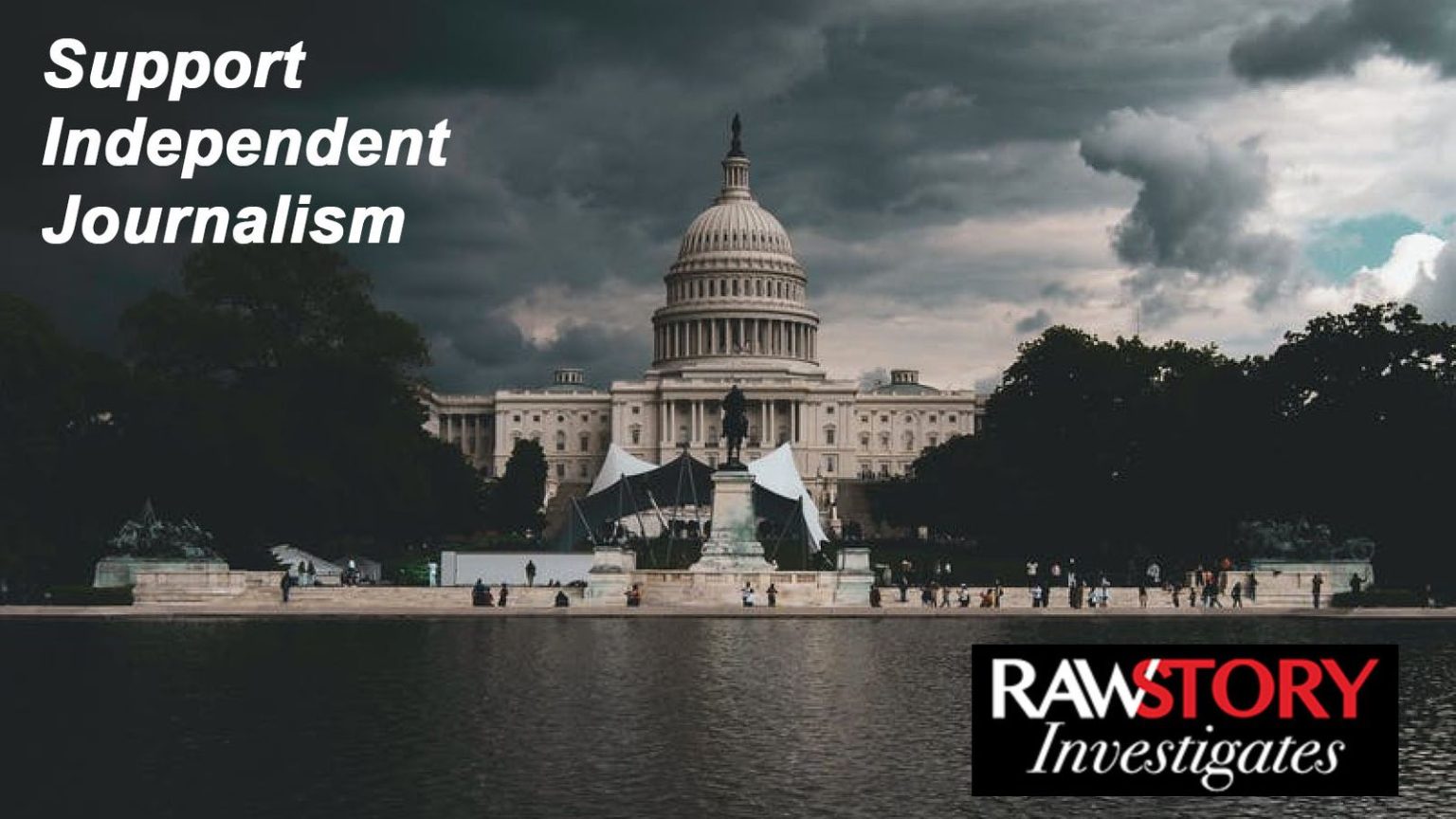Listen to the article
The battle for democratic values continues unabated as America moves through the second half of 2023, with political polarization reaching new heights amid economic uncertainty and challenges to civil liberties. Congressional gridlock has intensified, with Senate Republicans consistently blocking legislation supported by the Biden administration, even measures that enjoy broad public support.
This political stalemate comes at a time when Americans face mounting economic pressures. Inflation has affected households across the nation, with rising prices for essential goods and services straining family budgets. Simultaneously, fundamental rights face unprecedented scrutiny and potential rollbacks in various states, creating a climate of anxiety for many citizens.
Against this challenging backdrop, grassroots political engagement has seen a notable surge. Ordinary Americans are increasingly involved in advocacy efforts, community organizing, and electoral participation as concerns about democratic backsliding grow. Political analysts point to rising public awareness about threats to democratic institutions, with citizens mobilizing to protect voting rights and governmental norms.
The current political climate reflects broader trends seen in democracies worldwide, where polarization and populist movements have tested established democratic frameworks. Experts from the Brennan Center for Justice and similar institutions have documented these pressures, noting that American democracy faces its most significant stress test since the Civil Rights era.
Media organizations play a crucial role in this landscape by providing accurate information and holding power to account. However, the journalism industry faces its own existential challenges. Traditional revenue models have collapsed in the digital age, forcing news outlets to seek alternative funding sources to maintain independent reporting operations.
Reader-supported journalism has emerged as one viable path forward for many news organizations. This model, relying on subscriptions and donations rather than primarily advertising revenue, helps insulate newsrooms from market pressures that can compromise editorial independence. The approach has gained traction among outlets focused on investigative reporting and political coverage.
The economic realities of contemporary journalism mean that reader contributions have become essential to sustaining in-depth reporting on complex topics. Investigative journalism—which requires significant resources, time, and expertise—is particularly vulnerable to budget constraints. Without dedicated funding, many newsrooms must reduce their investigative capacity precisely when public oversight is most needed.
Media economists point to the paradoxical nature of today’s news environment: while information is more abundant than ever, financially sustainable models for producing original, fact-based reporting remain elusive. This creates information gaps that can undermine democratic discourse and decision-making.
For independent news organizations, reader support provides the foundation for editorial autonomy. Contributions from engaged readers allow newsrooms to pursue stories based on public interest rather than commercial considerations. This relationship creates a different kind of accountability, with journalists directly responsible to their audience rather than to advertisers or corporate owners.
The emerging subscription economy for journalism also reflects changing consumer attitudes. As awareness grows about the value of reliable information in a democratic society, more readers are willing to financially support outlets that align with their information needs and values.
Digital news platforms continue experimenting with various support models, including monthly subscriptions, one-time donations, and membership programs offering enhanced access to content. These approaches aim to create sustainable revenue while maintaining accessibility for readers with varying financial means.
The current moment represents both a crisis and an opportunity for American journalism. While traditional business models continue to collapse, direct reader relationships offer a potential pathway to sustainability. The success of this transition will significantly impact the quality and quantity of information available to citizens as they navigate complex political and social challenges.
As political tensions remain high and information needs grow increasingly complex, the interdependence between engaged citizens and independent journalism underscores a fundamental truth: democratic societies require both informed participants and reliable sources of information to function effectively.
Fact Checker
Verify the accuracy of this article using The Disinformation Commission analysis and real-time sources.



